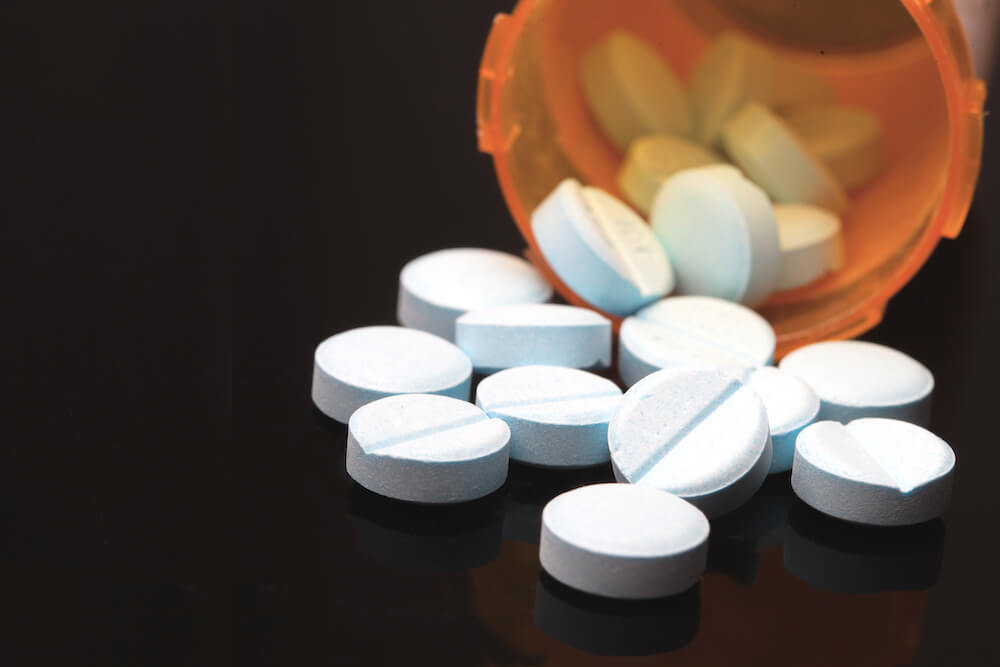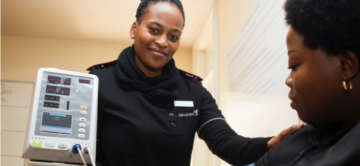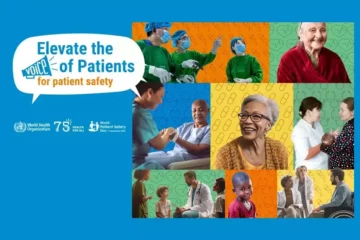The opioid epidemic is a major public health concern in the U.S. According to the Center for Disease Control and Prevention (CDC), 70,630 people died from drug overdoses and 10.1 million people misused opioid prescriptions in 2019 alone. Even more alarming is the fact that there are an estimated 180,000 serious opioid-related adverse events in inpatient settings recorded annually. Opioids are potent pain relievers so it is critical that anyone that has a prescription be properly informed about the potential risks – both in and out of the hospital setting.
The fight against the opioid epidemic is a hard and tricky one but there are ways to get involved and play a fundamental part in solving the problem. Awareness, involvement and action are three critical components to fight the endemic, here are some examples of how you can play a role:
Awareness: Act responsibly and be aware of available resources
- Take prescription drugs exactly as directed by your physician and dispose of any remaining medication properly.
- Never allow anyone else to take the pills prescribed to you, don’t take them for unrelated conditions and always ensure they are out of children’s reach.
- If a loved one is taking opioids, be aware of how the person feels and the amount of medication he or she is taking. Download the PatientAider® app on your cell phone. This free tool provides additional information about what you should do when you or a relative of yours is taking prescribed opioids.
- New technologies are also available to help with opioid addiction. A person who is addicted to narcotics will face a difficult journey in trying to stop consumption so tools like Bridge, a neurostimulation device that targets areas in the brain to reduce opioid withdrawal symptoms, can help them through the process. This small device is placed behind the ear and sends electrical signals to the amygdala, the part of the brain that controls fears, pain and the emotional response to pain, reducing the symptoms of opioid withdrawal like anxiety, nausea and abdominal pain, among others.
- If you know someone who is abusing opioids or taking them illegally, help and encourage them to seek professional support.
Involvement: Be active in your care plan and ask for monitoring
- Always be aware and educated on the type of medication being prescribed. Look around to see if a hospital displays their commitment to preventing adverse opioid events, and if it is not clearly visible ask to learn about the plans in place.
- If a person is under patient-controlled analgesia (PCA), meaning that he or she has a pump releasing opioids to push when they feel pain, it is important that they are monitored. The Joint Commission, the organization that accredits hospitals, recommends continuous monitoring of oxygenation and ventilation of patients after surgery. Therefore, don’t be afraid to ask the hospital staff what monitoring protocols are in place.
- Be prepared when taking a patient home. Unfortunately, when signs of an overdose occur it is often too late. At home care must include respiratory monitoring to help family members ensure that the patient has good ventilation. Additionally, to prevent respiratory depression, another important parameter to track is oxygen saturation. To control it, the patient needs to have continuous pulse oximetry with centralized alarms. Before discharge, ask the hospital what devices are available to help you monitor at home.
Action: Reach out to your legislation to address concerns.
Today, the way opioids are prescribed and monitored vary by hospital. But new legislation is aiming to improve patient safety and reduce preventable opioid-induced injuries and deaths in inpatient settings.
- Reach out to show your support for the Inpatient Opioid Safety Act of 2021 to help ensure that this issue is addressed proactively.
- Connect with your legislators to ensure the Patients Right to Know Act of 2021 is implemented in your state. This act awards grants to states in order to educate their healthcare providers about opioid prescribing practices. To earn this grant, states must also have a law or regulation in place that requires providers to inform patients about the risks involved before prescribing an opioid for acute pain and also share alternative options.
Patients and their loved ones are a valuable element of ending the opioid epidemic. Never hesitate to ask questions and get involved in your own or your loved one’s treatment.
About the Author: Diane Perez, MD, is a member of the advisory board of the Patient Safety Movement Foundation. She has received numerous awards for her work as an advocate of healthy living and is passionate about patient safety. Perez is a resident of San Diego, living in the Bay Ho neighborhood.





